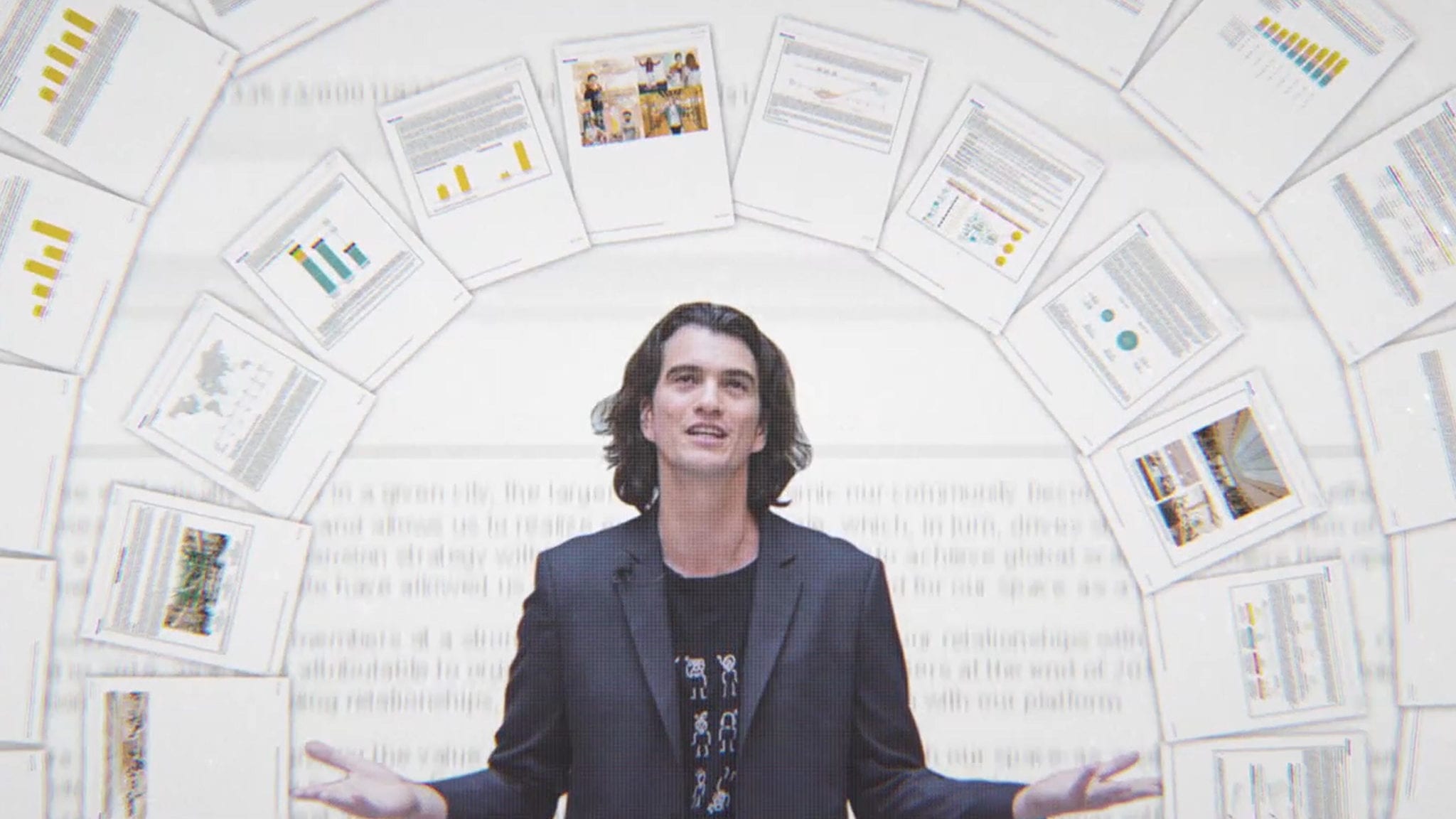
WeWork: Fake it Until You Make it
Everybody wants to believe in unicorns. These fabled creatures are majestic to see on paper. With every image, they inspire dreams and hopes of the Fantastic. But, no matter how hard you look, it?s clear to see that they never existed in the first place. Based on this description, unicorns also exist in the business…

